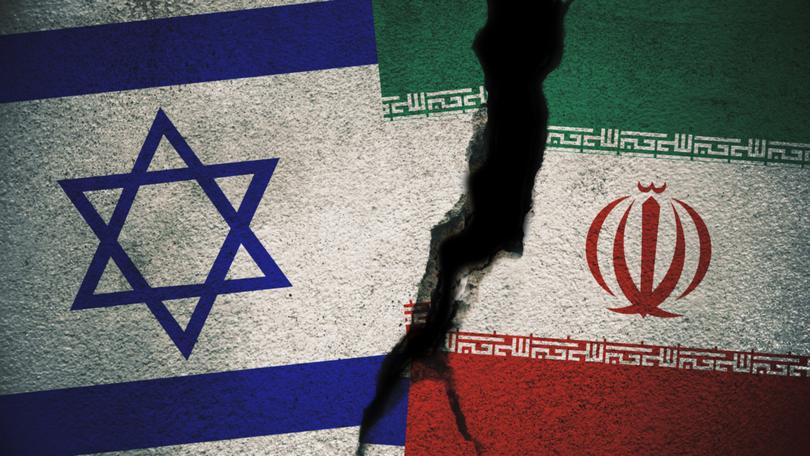EDITORIAL: Global conflict now a terrifyingly real prospect
EDITORIAL: From the moment Hamas militants shocked the international community with the brutal murders of 1200 Israelis on October 7, the world has stood at the precipice of war.

From the moment Hamas militants shocked the international community with the brutal murders of 1200 Israelis on October 7, the world has stood at the precipice of war.
It appears we may have now tumbled off into the churning waters of all-out conflict below.
The six months of retaliatory action from Israel that followed that bloody slaughter have reduced Gaza to a hellscape.
Sign up to The Nightly's newsletters.
Get the first look at the digital newspaper, curated daily stories and breaking headlines delivered to your inbox.
By continuing you agree to our Terms and Privacy Policy.About 34,000 Palestinians have been killed, including 14,000 children. Attacks have been intense and indiscriminate. Aid has been blocked to famine-stricken regions. It is a humanitarian catastrophe.
And as terrible as it has all been, there has been a quiet dread that even worse is to come.
On Thursday, United Nations Secretary-General Antonio Guterres warned the Middle East was at a “moment of maximum peril”.
His words were prophetic ones.
Hours later, Israel launched missile strikes on Iran. Explosions were heard in the city of Isfahan, which is home to an Iranian air base and sites associated with the country’s nuclear program.
Those strikes came after Iran on April 13 launched more than 300 missiles and drones towards Israel, itself a retaliation in response to a suspected Israeli strike on its consulate in Syria, an action which killed 13 people.
It is as yet unclear what — if any — targets were struck on Friday.
But it is clear that this is a dramatic escalation of aggression and will not go unanswered by Iran. The cycle of strikes and counterstrikes, retaliation and reprisal will continue.
The world is no longer inching towards war. We are sprinting towards it.
A full-scale regional conflict will be ruinous, and not just for the Middle East. It will have devastating consequences for the entire world, Australia included.
And the tentacles of war could even snake their way to our region, tucked away at the bottom of the globe.
In a closed-room speech last week, former home affairs minister Mike Pezzullo rated the possibility of a war breaking out in the Indo-Pacific this decade at 10 per cent “at a minimum”.
That means that Australia’s long-held defence planning strategy, which has centred around “forward defence” — sending Australian forces abroad — would be unsuitable. Instead, Australia should contemplate the possibility that we may be required to mount a defence at home in the not-too-distant future.
It’s a chilling prospect, but one we cannot ignore.
The frightening fact is that Australia’s Federal election next year might be held in the shadow of a war.
In his speech, Mr Pezzullo advised leaders to develop a “war book” — a guide which spelt out what “would need to be done, and by whom, in the event of war”.
To this point, Australia’s attention has been on urging restraint from the leaders of Israel and Iran and its many proxies, as well as quelling increasing tensions at home.
But as we slip further down the path to war, words may soon be far from enough.
